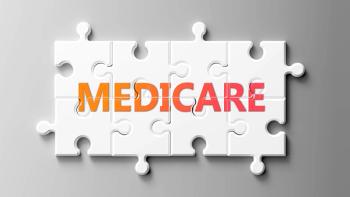
How Pharmacies Can Help Drive Health Equity
Pharmacists can administer vaccines and other types of acute care, such as prescribing antibiotics for strep throat, but they can do more. They can advocate for patients by asking targeted questions to direct them to appropriate resources and supply reliable information about Medicare and Medicaid plans and other coverage options.
We need to do a better job extending quality care to underserved populations, and pharmacy could provide an important bridge to better health outcomes.
Over
Additionally,
While there have been a growing number of calls for health equity, we need to take a more strategic approach to truly succeed. The objective isn’t just about extending care to underserved populations. It’s about providing the right care — simplified, personalized care — where people already go.
In many cases that is their pharmacy.
Those who are uninsured or have limited access to healthcare might use an emergency room (ER) rather than seeing a primary care doctor. The problem is doctors in ER settings focus on the patient’s immediate need — and rightfully so. But without access to primary care teams and holistic coordinated care beyond the ER, these patients’ cost of care is inevitably higher.
ER visits are costly.
Low-income seniors are arguably a more impacted part of this underserved group. Low-income seniors may not see a primary care doctor for an entire calendar year, despite often havingcomplex and multispecialty care needs. They may also be limited in their care options. According to an AARP
While those in underserved populations may not see a primary care physician, it’s likely they will see a pharmacist. This is largely due to accessibility. According to a report in the Journal of the American Pharmacists Association, nearly 90% of U.S. residents live within five miles of a pharmacy. As noted by the
Although it is now well-known that pharmacists can administer vaccines and other types of acute care, such as prescribing antibiotics for strep throat, they are in position to do much more. Specifically, pharmacists can further advocate for patients by asking targeted questions to direct patients to appropriate resources and having info handy on Medicare and Medicaid plans and other coverage options.
Pharmacies are also positioned to address food insecurity by packaging and delivering food, in addition to prescriptions, to people who might have limited mobility or access to food. Some organizations have food pharmacies. For example,
According to a
As costs increase and the number of people in need further outpaces resources, it becomes increasingly urgent to find ways to further extend services to the people who need them, when and where they need them.
Newsletter
Get the latest industry news, event updates, and more from Managed healthcare Executive.























